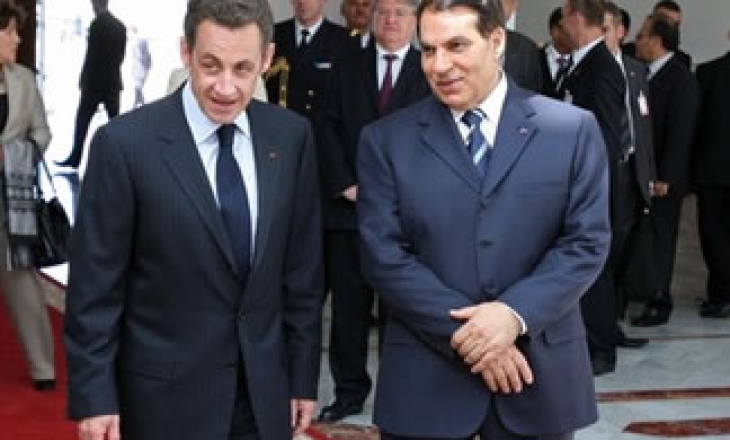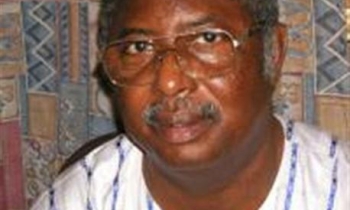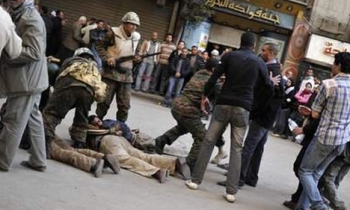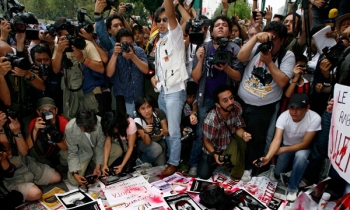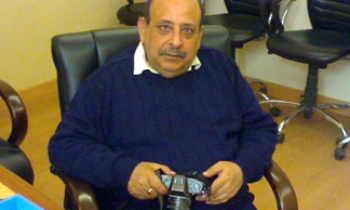Tunisia promotes itself as a progressive nation that protects human rights, but an investigation has found that it aggressively silences journalists and others who challenge the policies of President Zine El Abidine Ben Ali. In a new report, 'The Smiling Oppressor', the Committee to Protect Journalists (CPJ) has found that journalists are subjected to routine imprisonment, assault, harassment, and censorship.
Ben Ali's administration enjoys close ties with Western governments, which have been largely silent about the country's press freedom record. CPJ's investigation, on the contrary, has found that Tunisia falls well short of internationally accepted standards for free expression.
Ben Ali's government imposes broad restrictions on news coverage - banning, for example, coverage that could be construed as "offending the president" - while it tightly regulates the licensing of print and broadcast media. Licences are doled out to government allies and denied to potentially critical news outlets, CPJ found. Critical journalists who turn to the Internet or small opposition newspapers have been harassed by security agents, subject to assault, and jailed. Tunisia, along with Morocco, leads the Arab world in jailing journalists.
"Known across the world for its stunning beaches and tourist locales, Tunisia quietly operates a police state at home," writes Joel Campagna, the author of CPJ's report. "The print press does not criticise the president and is largely paralysed by self-censorship. The few critical voices who do write on the Internet, for foreign publications, and low-circulation opposition weeklies are regularly harassed and marginalised by Tunisian authorities."
The case of Slim Boukhdhir, a one-time arts and culture writer with the pro-government press, was a classic instance of persecution of journalists by the authorities. Boukhdhir, in a series of articles published online and for foreign publications, accused Ben Ali of nepotism such as funneling state money to a private school run by a niece. He was promptly dismissed from his day job at Akhbar al-Jumhuriyya newspaper under government pressure. He was refused a passport, and even assaulted by secret police in downtown Tunis shortly after writing an online piece criticising the business practices of Ben Ali’s son-in-law.
Boukhdhir, however, stuck to his guns. On November 26, 2007, as he headed from Sfax to Tunis after being told he could at last collect his passport, the police stopped his cab outside the city and ordered him out. They accused Boukhdhir of insulting them—a charge the writer vigorously denied—and then took him to a police station where they punched him repeatedly in the head and accused him of being an American agent, the journalist told CPJ.
A week later, after a farcical trial, he was convicted of “insulting a public employee” and refusing to hand over identification to a police officer. A witness told Boukhdhir’s family that police falsified his statements to incriminate the journalist. The judge at Boukhdhir’s trial prohibited the government’s witnesses from being cross-examined. The one-year sentence was not only the maximum allowed by law, it was unheard of for such an offence,.
Following an intensive international campaign by journalists and press freedom groups, including CPJ, Tunisian authorities released Boukhdhir in July, citing good behaviour, "but his imprisonment illustrates the harsh and elaborate measures Tunisia’s government uses to stifle media dissent while trying to insulate itself from international criticism," according to Campagna.
After being released, Boukhdir has written more than 20 articles about Tunisian government human rights violations, including its censorship of the social networking website Facebook and the arbitrary arrests of political and labour activists. Most of the articles were published on websites based abroad, says Paris-based Reporters sans Frontières (RSF).
His problems have continued as well. Boukhdir was arrested in Sfax as he left an Internet café which he often visits in the early evening. Four policemen forced him into a car and initially drove him to a police station. "We did not spend more than 10 minutes there," Boukhdir told RSF. "We left in the car again for an unknown destination. On the way, the four men told me I was lucky not to have been raped while in prison and that it was not always like that. They also threatened me with the same fate as Daif Al Ghazal [the Libyan journalist murdered in 2005]."
Ben Ali’s government, the CPJ report says, has largely succeeded in taking the life out of the country’s journalism. "The mainstream print press is dominated by pro-government publications that offer fawning coverage of Ben Ali, praising him as an architect of change and a promoter of liberty. Front pages feature a daily photo of a beneficent Ben Ali, sometimes meeting with a foreign dignitary and sometimes simply in portrait. The inside pages are heavy with social news and sports. The occasional criticism is general and avoids mentioning officials by name or faulting government policies," writes Campagna.
The government, through the Tunisian External Communication Agency (ATCE), distributes advertising from government agencies and publicly owned companies, and punishes outspoken newspapers by withholding advertising, journalists told CPJ. Private advertisers typically follow suit when the government pulls advertising. ATCE does not disclose guidelines, and ATCE Director General Oussama Romdhani did not respond to CPJ’s calls seeking comment.

